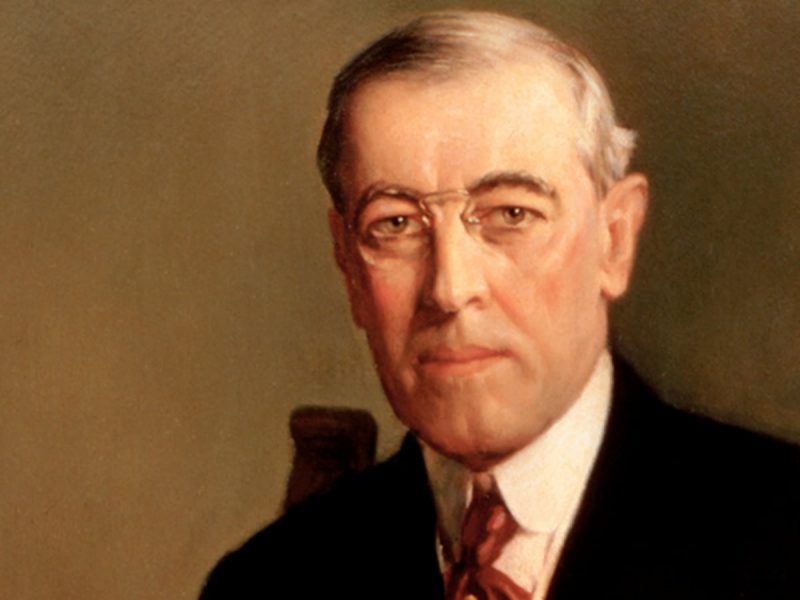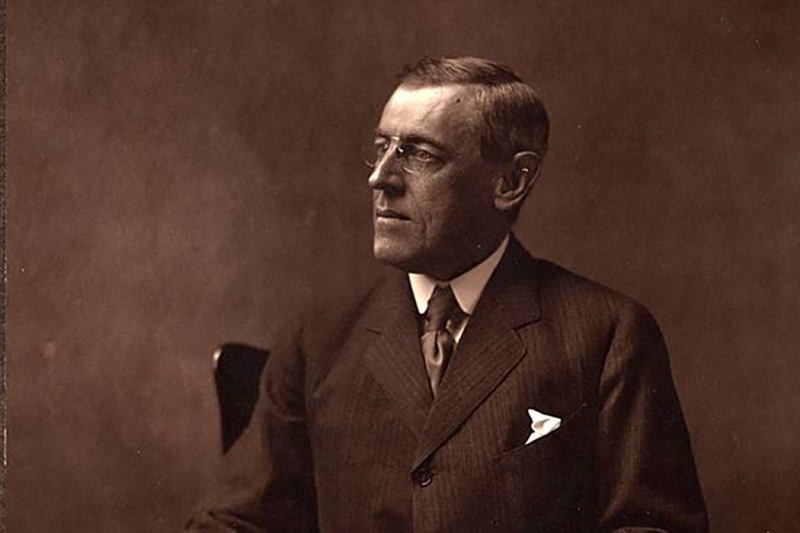He was famous for his Wilsonianism
Wilsonianism, or Wilson's idealistic foreign policy, left a long influence on American foreign policy, and Wilson's League of Nations impacted the establishment of the United Nations. Wilsonianism, often known as Wilsonian idealism, is a form of foreign policy advice. The word is derived from President Woodrow Wilson's thoughts and plans. In January 1918, he offered his famous Fourteen Points as a framework for ending International War I and achieving world peace. He was a strong proponent of the League of Nations as a means for the world community to prevent war and put an end to aggressive aggression. Wilsonianism is a school of thought within liberal internationalism.
According to some historians, Wilson did more than any of his predecessors to establish a strong federal government that would safeguard regular folks from the overwhelming influence of major companies. He is widely recognized as a pivotal player in the development of modern American liberalism, as well as a major influence on future presidents such as Franklin D. Roosevelt and Lyndon B. Johnson. Many of Wilson's achievements, including the Federal Reserve, the Federal Trade Commission, the graduated income tax, and labor legislation, continued to have an impact on the United States long after he died.










